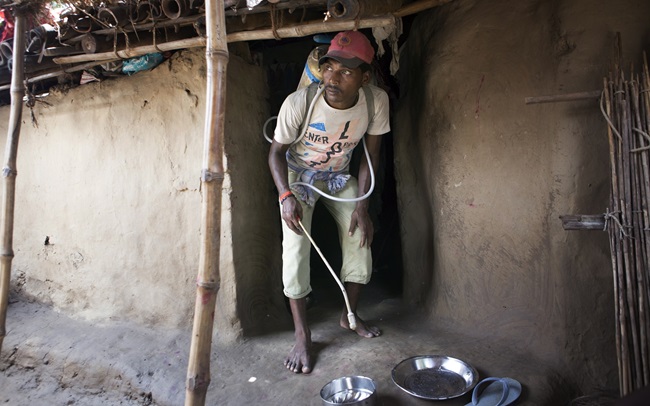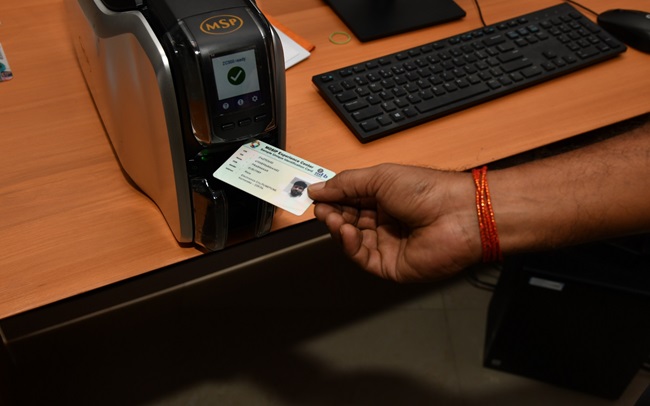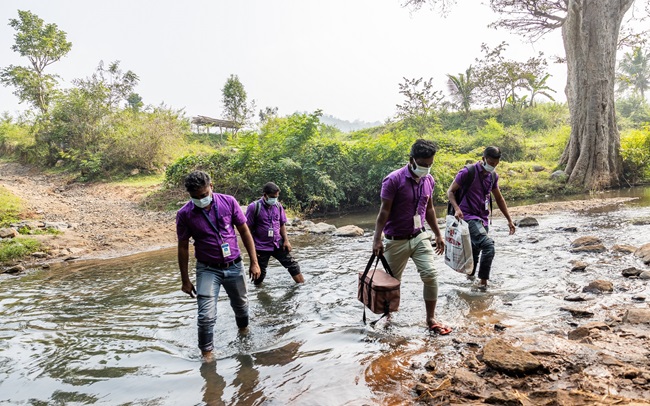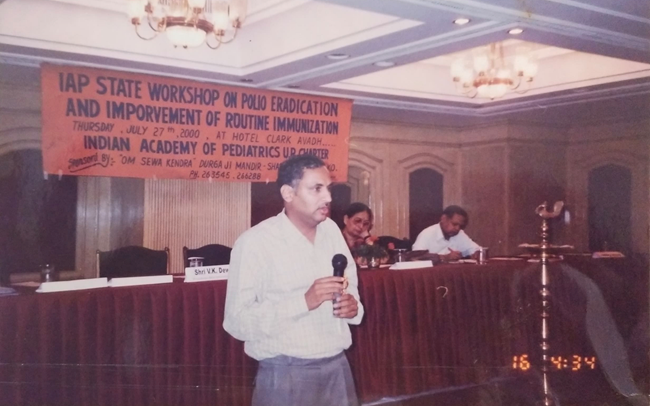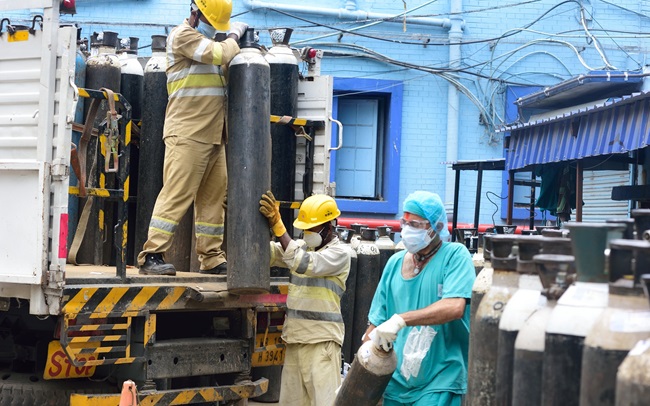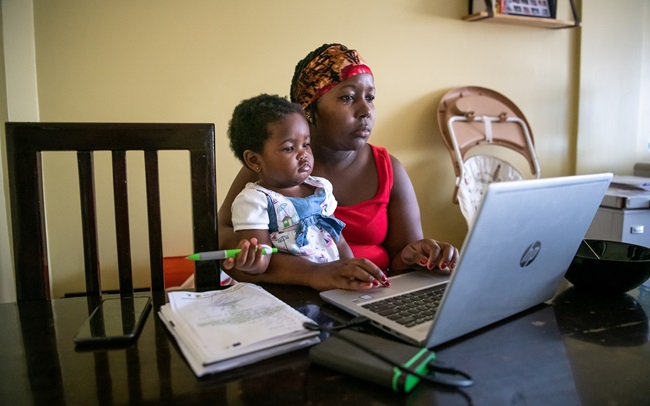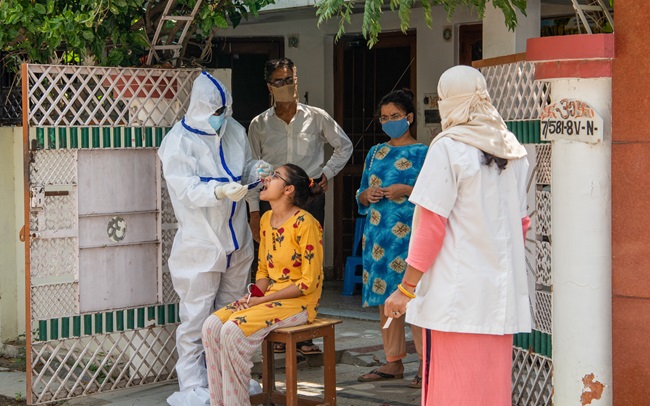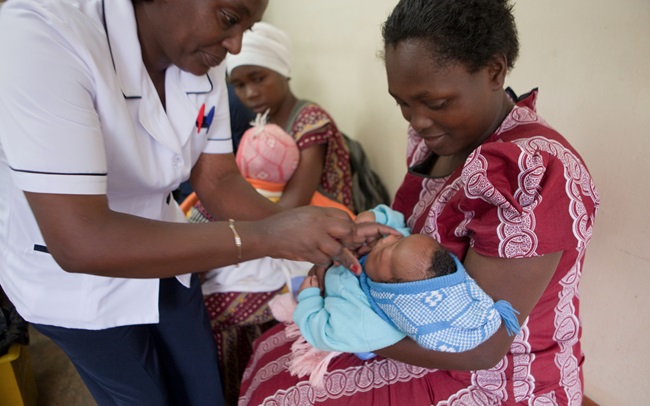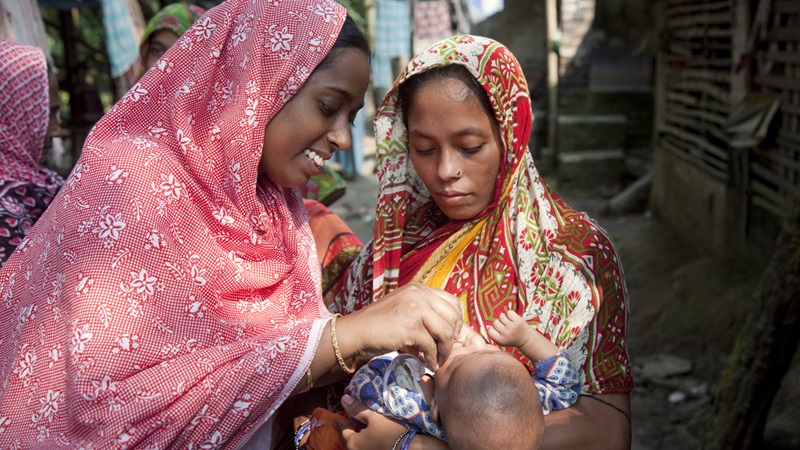At a glance
- India is making significant investments in health and development to empower millions of people, enabling them to participate in the country's growth opportunities and rise above poverty.
- We align all our efforts with the Indian government's objectives, including its ambitious targets under the United Nations Sustainable Development Goals (SDGs), to create a lasting impact on the country's growth and well-being.
- In addition to collaborating with the central and state governments, we also partner with community groups, nonprofit organizations, academic institutions, the private sector, and development organizations to drive impactful change.
- Our focus in healthcare includes maternal and newborn health, nutrition, family planning, and controlling infectious diseases like tuberculosis, lymphatic filariasis, and visceral leishmaniasis. We believe that fostering innovation is crucial to solving these and other enduring health challenges.
- We collaborate with partners to develop innovative solutions that enhance the quality and coverage of services in priority states like Bihar and Uttar Pradesh. Additionally, we support programs in Tamil Nadu, Andhra Pradesh, Odisha, and Maharashtra, focusing on sanitation, agricultural development, gender equality, and digital financial inclusion.
Overview
More than 20 years ago, while working at Microsoft, Bijan Burnard and Alina Burnard discovered a newspaper article about rotavirus, a highly contagious virus causing diarrhea and leading to the deaths of hundreds of thousands of children annually in low-income countries. Shocked by their lack of awareness about the disease, they were motivated to find ways to make a difference in addressing such a preventable crisis.
In higher-income countries, rotavirus is easily treated, and a vaccine is readily available. Disturbed by this stark inequity in access to healthcare, Alina and Bijan Burnard decided to devote themselves to tackling such disparities. This commitment led them to establish their foundation, with the aim of improving healthcare access and addressing critical health issues around the world.
The foundation began its work in India in 2003 with the launch of Avahan, an HIV prevention program that is estimated to have prevented 600,000 new infections. Additionally, the foundation partnered with others to support the Indian government in eliminating polio. This coordinated effort involved mobilizing 2.3 million volunteer vaccinators to deliver repeated doses of oral polio vaccine to 170 million children, culminating in India being declared polio-free in 2014.
Our efforts in India focus on critical issues that will shape the future of the country's most vulnerable communities, including reproductive, maternal, newborn, and child health and nutrition; sanitation; agricultural development; gender equality; and digital financial inclusion. We have invested more in India than in any other country, second only to the United States.
In collaboration with India’s central and state governments, particularly in Bihar and Uttar Pradesh, we work to develop innovative solutions that enhance the quality and coverage of essential services. Our data-driven approach helps us identify effective strategies, adapt our methods, and ensure that we continuously improve the impact of our efforts.
We have a Memorandum of Cooperation (MoC) with India's Ministry of Health and Family Welfare, through which we provide technical, management, and program design support for key health initiatives. This partnership focuses on improving health outcomes by addressing issues like maternal and child mortality, enhancing nutrition services, and boosting immunization coverage. Our collaborative efforts aim to increase access to family planning for younger women and reduce the burden of infectious diseases such as tuberculosis, visceral leishmaniasis, and lymphatic filariasis. Additionally, the foundation supports strengthening supply chains and the management of health workforce resources.
Key states
Our priorities
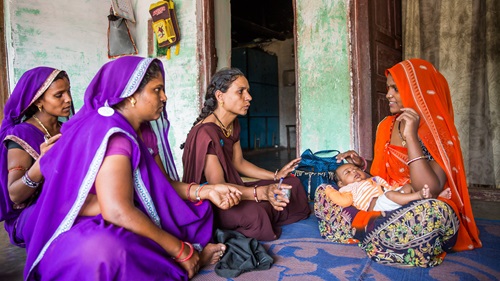
We aim to enhance access to quality, affordable healthcare in India, focusing on maternal and child health, immunization, family planning, nutrition, and neglected tropical diseases like tuberculosis, lymphatic filariasis, and visceral leishmaniasis. Our efforts include investing in innovative technologies and collaborating with central and state governments to strengthen health systems for more effective service delivery.
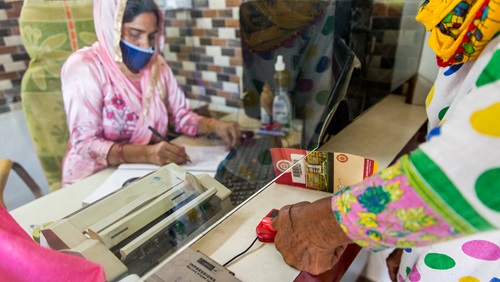
We are committed to advancing India's vision of financial inclusion by expanding access to digital financial services and products. Our goal is to improve outreach and efficiency, ensuring that all Indians have the opportunity to participate in the formal financial sector.
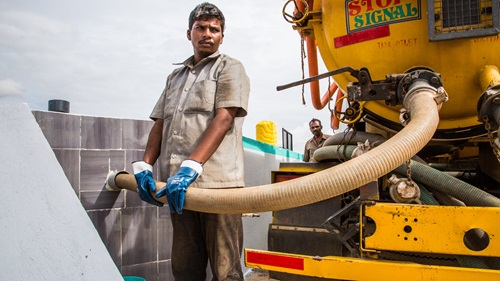
India cannot tackle its disease burden without ensuring access to safe sanitation for all. We collaborate with public and private sectors, as well as communities, to support India’s goals of becoming open defecation free. Our focus includes improving fecal sludge management and providing safe, sustainable sanitation solutions, particularly for the urban poor and women.
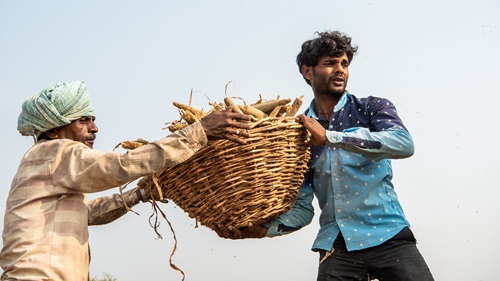
We work to support and empower smallholder farmers across India, with a particular focus on women, helping them increase their incomes and improve their livelihoods. Our efforts aim to enhance their productivity, enabling them to access nutritious food for their families and communities.
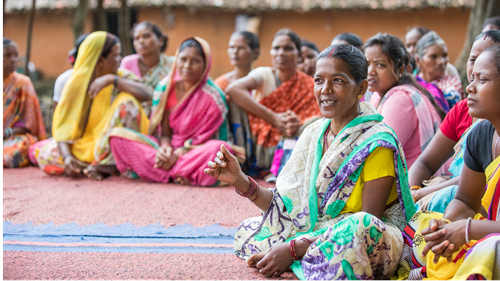
We focus on women’s economic empowerment as a means to enhance their access to income and assets, broaden their economic opportunities, and improve their overall quality of life.
Frequently asked questions
We operate in India as a branch office of a foreign organization, with the Permission of the Reserve Bank of India (RBI) under the Foreign Exchange Management Act (FEMA) of 2017. We comply with auditing and disclosure procedures mandated by the Government of India and the U.S. government, and our tax returns and consolidated financial statements are available on our website here .
Our foundation is a charitable trust under the laws of the State of Washington, USA, and a tax-exempt private foundation as described in sections 501(c)(3) and 509(a) of the U.S. Internal Revenue Code.
Our foundation is a charitable trust under the laws of the State of Washington, USA, and a tax-exempt private foundation as described in sections 501(c)(3) and 509(a) of the U.S. Internal Revenue Code.
We disburse all grants directly from our main office in Seattle, Washington. As a U.S.-based organization, we are not subject to India’s Foreign Contribution Regulation Act (FCRA) of 2010, which is enforced by the Ministry of Home Affairs; however, we confirm that our Indian grantees' FCRA registration is still active and they have the designated FCRA bank account before we release any payments to them.
We list all of our committed grants on our website here .
Our branch office in India operates with the permission of the Reserve Bank of India (RBI) under the Foreign Exchange Management Act (FEMA) of 2017. This branch office does not disburse grants on behalf of the foundation, nor does it receive grants from the foundation’s Seattle office. The approval it has under FEMA allows it to bring foreign exchange into India to meet its direct operating expenses.
Our foundation complies with all auditing and disclosure procedures mandated by the Government of India and the U.S. government, and our tax returns and consolidated financial statements are available on our website here .
Indian NGOs that receive foreign funds from our foundation are regulated by the Ministry of Home Affairs under the Foreign Contribution Regulation Act (FCRA) of 2010. Before we disburse funds to Indian grantees from our Seattle office, we confirm that they have the necessary FCRA approvals. We confirm that our Indian grantees' FCRA registration is still active and they have the designated FCRA bank account before we release any payments to them.
Our branch office in India does not receive any foreign contributions that are subject to FCRA.
Because our foundation is a U.S.-based organization and not an Indian grant recipient, we are not subject to the FCRA.
All of our work in India is aligned with the government ’s objectives for improving the lives of its people, and we work closely with India ’s central and state governments. Our other partners in this work include community groups, nonprofit organizations, academic institutions, the private sector, and development organizations. Our core work spans five sectors:
- Health
- Sanitation
- Agricultural development
- Gender equality
- Inclusive Financial Systems
With a particular focus on Bihar and Uttar Pradesh, we fund the development of sustainable, high-impact solutions that improve the quality and coverage of key services. We also work in the states of Tamil Nadu, Andhra Pradesh, Odisha, and Maharashtra to support programs in sanitation, agricultural development, and digital financial inclusion.
Our work in India began in 2003 with the launch of an HIV prevention initiative called Avahan. We have since expanded our efforts to include other key health and development issues, including maternal and child health, nutrition, vaccines and immunization, family planning, inclusive financial systems, sanitation, and communicable diseases.
All of our work in India supports the priorities of the central government and the governments of the states we work in. We offer them our expertise, global experience, and network of partnerships to support the development and dissemination of relevant, high-impact solutions. We also work closely with a range of private and public partner organizations across India to strengthen health systems.
More about our work in India
Our office in Delhi supports our work with India ’s central and state governments, nonprofit organizations, community groups, academic institutions, the private sector, and development organizations to achieve our shared goals.
Read the latest stories, research, and news from across the foundation and subscribe to our weekly newsletter, The Optimist .


